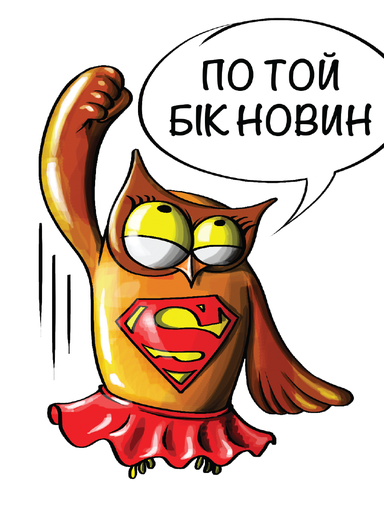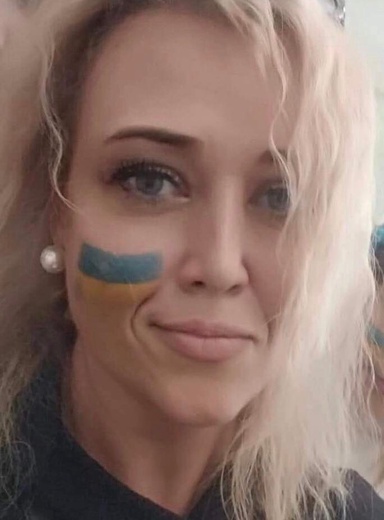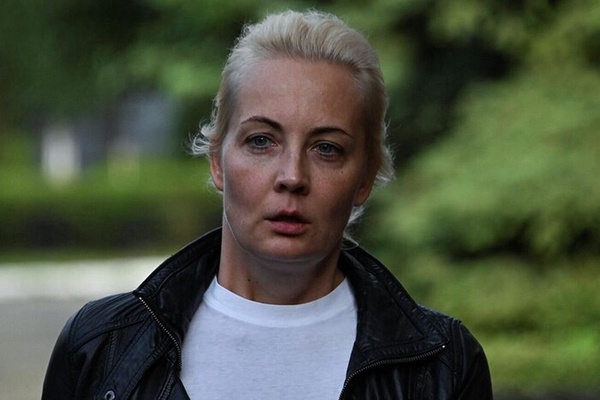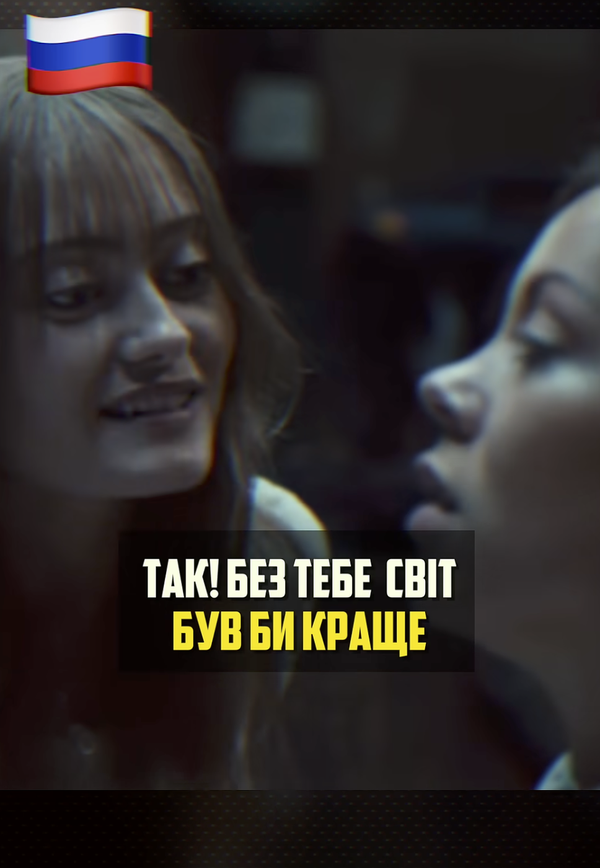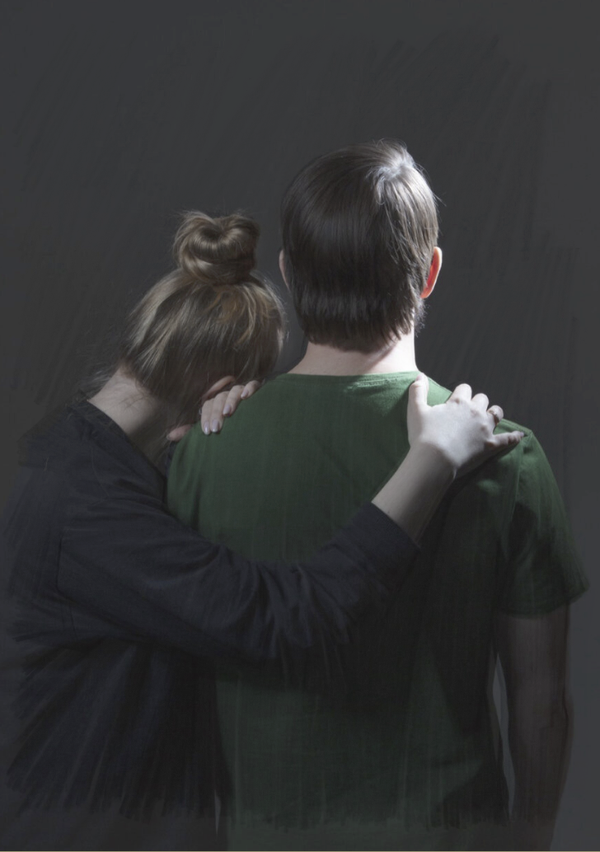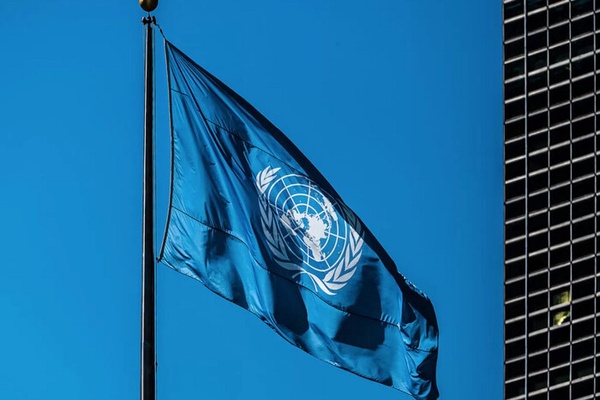Russian writer accuses Ukrainian authors
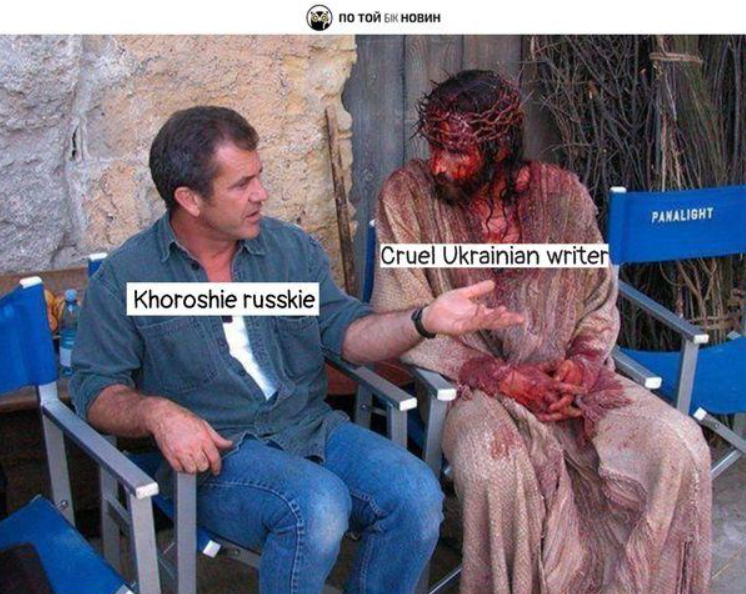
Merely a week ago, there was widespread discussion surrounding the decision of Ukrainian poets Anna Hruver and Olena Huseynova to decline participation https://bit.ly/42QbF8X in an Estonian literary festival due to the presence of a Russian woman. Now, a new justification has emerged. An article published in the American magazine The Atlantic accuses Ukrainian writers of “blackmailing” PEN. We will look into the origins of these allegations and explain why “good Russians” who assume the role of victims are equally dangerous as “bad Russians”.
What happened?
The World Voices festival, organized by American PEN, took place in the United States. Ukrainian writers Artem Chapeye and Artem Chekh, both of whom are military personnel, were extended invitations to participate. On May 13, the organizers had planned an event - a discussion focusing on writers who had become combatants. Another panel discussion was scheduled for the same day, centered on writers in exile and involving russian participants. The intended moderator for this event was russian journalist Masha Gessen, who identifies using the “they/them” pronouns.
Upon their arrival in New York, the Ukrainian writers learned about the panel involving russian participants and refused to participate in the festival, citing the ban on participating in joint events with russians. According to Suzanne Nossel, the CEO of PEN America, the organizers proposed that Gessen hold a separate event that would not be affiliated with the festival but would occur at the same venue and time. However, Masha Gessen declined this arrangement. Consequently, the event with the russian participants was canceled, while the event featuring the Ukrainian writers proceeded as planned.
The director, Iryna Tsilyk, who was the third participant in the event, shed further light on the situation. According to her, it was explicitly communicated during the invitation stage that they would not be participating in the festival alongside any russians. Upon arriving in New York, they discovered a new event in the festival program that was added literally at the last minute - a discussion featuring “victims of tyranny”, including one Chinese author and three russians. When our participants inquired about the reasons behind this addition, the organizers scrambled to find a resolution. Initially, they proposed that the Ukrainians hold their own separate event outside the festival, which the Ukrainians promptly declined. Eventually, following negotiations, Masha Gessen and some other participants themselves decided to cancel their event.
Iryna Tsilyk further mentioned that she had a conversation with a belarusian attendee at the festival regarding the canceled event. He expressed his concerns about why, for instance, other belarusian and Iranian authors were not invited to take part in the discussion on “victims of tyranny”. Instead, out of the four participants, three were russians. https://www.facebook.com/ira.tsilyk/posts/6905095199526615
What happened next?
The event received follow-up attention when, a few days after the festival, an article was published in the American journal The Atlantic https://bit.ly/3pV5t0L, authored by Gal Beckerman, a writer and senior editor of the magazine. The article detailed that Masha Gessen had resigned from the American PEN in protest and accused the “cruel” Ukrainian writers of engaging in “blackmail”.
“It felt as though I was being asked to convey to these individuals [russians] that, because of their russian identity, they couldn’t sit at the main table; they had to be relegated to a smaller table on the side. It was an unpleasant experience.” https://www.theatlantic.com/.../what-happens-when.../674069/
In response to such allegations, PEN Ukraine felt compelled to address the issue. In their statement, the Executive Board clarified that “one journal had misled its readers with claims of ‘blackmail’ and ‘ultimatums’ from ‘cruel’ Ukrainians” and emphasized that “promoting any notion of dialogue between Ukrainian and russian authors at joint events is not only problematic, but also morally objectionable, given the ongoing russian military aggression that poses a threat to the lives of Ukrainian civilians.” https://bit.ly/435swUU
Double victims?
The journalist Darka Hirna judiciously summed up the situation regarding Gessen: “Bad Russians are Ukraine’s problem in the east, and ‘good’ Russians are the problem in the West.”
Since the onset of the invasion, Ukrainians have garnered global attention, albeit at an enormous cost. Our writers, poets and directors, who had long been relegated to the “smaller table on the side”, began receiving invitations to various events, and many foreign instances showed interest in their work. However, it proves challenging for russians, who have enjoyed privileged status for decades under the myth of “the great russian culture”, to tolerate this change. The moment they seize a microphone, they shift the focus to themselves, and discussions about Ukraine are reduced to issues faced by russians. The russians excel at championing freedom of speech and democratic values, and instructing other countries on how they should shape their own. Yet, they fail to establish a democratic society within their own nation. They fail, because the putin regime holds them captive, rendering them victims of its power.
Historian and Yale University professor, Timothy Snyder, explained the reasons behind the russians’ facility at assuming the role of victims. It is a historically typical behavior of individuals with an imperial mindset to dehumanize the actual victims and assert their own victimhood. And so, it becomes increasingly unclear who the true aggressor is. https://snyder.substack.com/p/playing-the-victim
Furthermore, as philosopher Volodymyr Yermolenko astutely pointed out, the “good Russians” have now become “double victims” as they find themselves entangled in a struggle against both the “cruel Ukrainians” and Putin. However, the russians seem to disregard the fact that the path towards a “democratic Russia” is paved with the suffering of Ukrainians. It is convenient for them to engage in combat using someone else’s hands while simultaneously denouncing those who do the actual fighting as “cruel” ![]()

